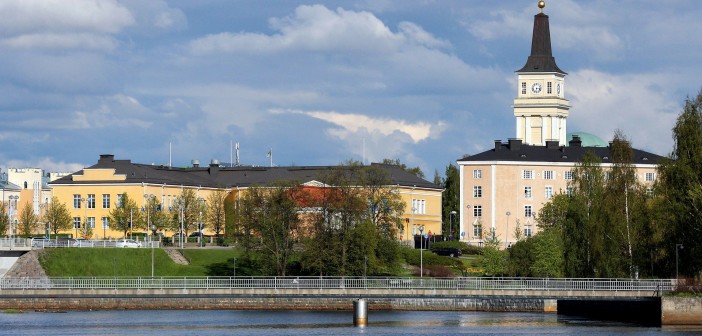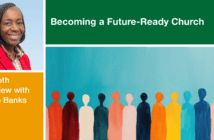One of the disciplines of a disciple of Jesus Christ is to establish relationships with people we do not know — the unconnected — therefore becoming missionaries. This can be done through relationship-building events designed to draw people from your community into relationships with people from your church. We call these events bridge events.
Bridge events are conducted outside the church walls and preferably off church property. We suggest hosting three bridge events a year, two off church property, and one on the church property. But if you are just starting, do one — do it right, do it big, and do it well. Make sure you pray the event in. Make sure you follow-up.
We want to remove all potential barriers for unconnected people to experience church in a whole new way. Therefore, it should be a “P-free Zone.” No Preaching. No Prayers. No Pressure. No Pocketbooks. This bridge event should be something that is needed by the community or something unconnected people in the community will enjoy. Three essential elements for a bridge event are radical hospitality, a means to collect names, and fun! Just as we have hospitality teams trained and ready to go for worship, we must deploy these same teams at bridge events. It is their job to mingle to make sure people are enjoying themselves, feeling welcome, engaged in light conversation, and receiving a true sense of appreciation for their attendance.
We want to remove all potential barriers for unconnected people to experience church in a whole new way. Therefore, it should be a “P-free Zone.” No Preaching. No Prayers. No Pressure. No Pocketbooks.
What are examples of potential bridge events? It might be a community trick or treat or egg hunt, or perhaps a carnival or community play day, a free community swim at a local pool, or a concert in the park. A church might arrange free lunch in a park for kids during the summer, a giveaway for school supplies or children’s clothing, free parenting classes. What about a bike safety clinic or free financial classes? A motorcycle night, or an auto or craft show might be popular in some communities. Remember, have some fun!
It is essential to find ways to get unconnected people’s names unobtrusively and to follow up. It does not do us any good to have a big bridge event and get no names. Getting names is tricky and will require some brainstorming. One name-collecting method involves giving away a gift that really appeals to the people attending the event. This could be a gift certificate to an event, a local store, or something in alignment with the event. For example, you could give away a bike at the children’s bike safety check event. You could give away an iPad at the community financial seminar. Collect people’s names and contact information, put them in one box or hat, and then draw the prize winners from the collected names. Another way to collect names is to have connector people wandering through the event. Connectors write down the names of those people they meet and turn the names in to the event organizer, church office, and prayer team.
Often, the real time and energy go into planning events. Once the event is over, we put the names in a spreadsheet and pat ourselves on the back for a job well done. But when the bridge event is over, the work really begins.
A follow-up team is critical to the process. If we don’t follow up with people who attended, all our work was most likely done in vain. If there is no connection with people, they are unlikely to show up at worship or any other church ministry. Remember, the purpose of a bridge-building event is to create opportunities to build relationships with unconnected people we do not know in our mission fields, so that we might have the opportunity to build an authentic relationship that may lead to a faith conversation, which may lead them back to our faith community.
This article is adapted from Get Their Name: Grow Your Church by Building New Relationships (Abingdon Press, 2013) and used with the publisher’s permission. It is available from Cokesbury and Amazon.
Related Resources:
- Welcoming Newcomers to Your Congregation by Jessicah Duckworth
- Take Your Ministries Outside the Walls by Glynis LaBarre
- Connect With Your Neighbors Resource






